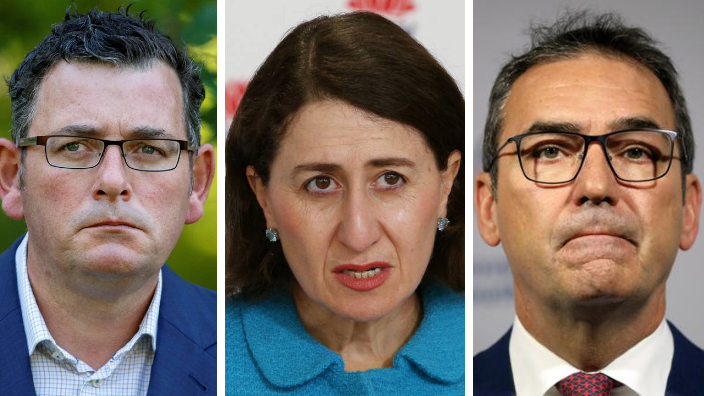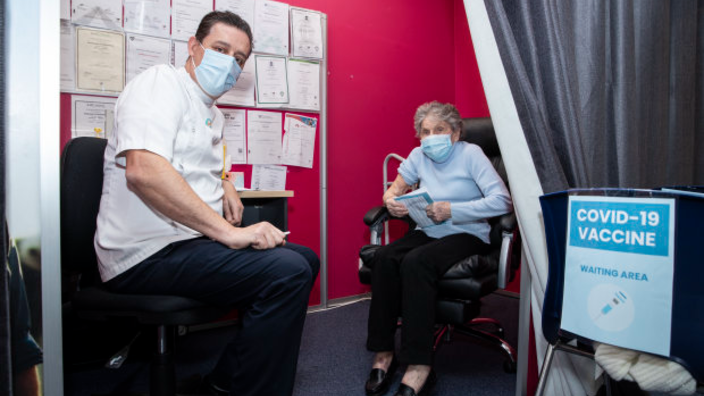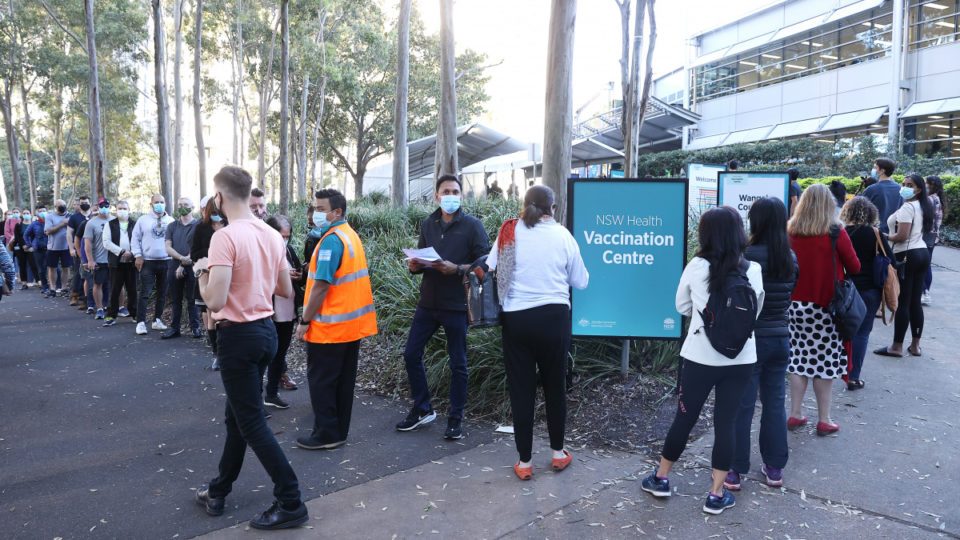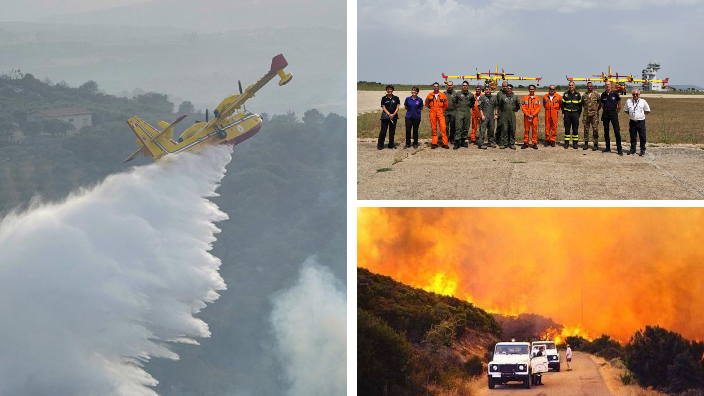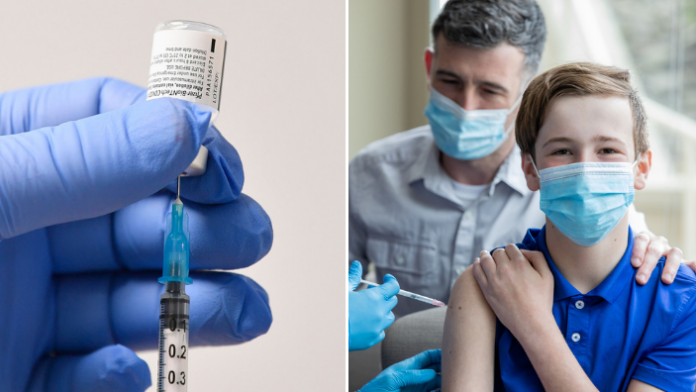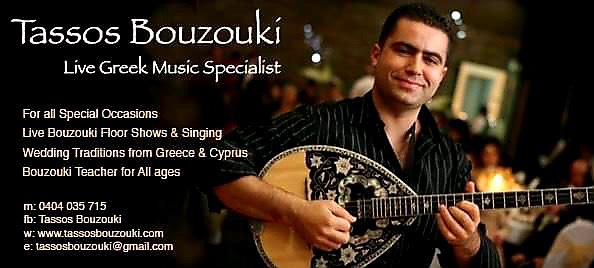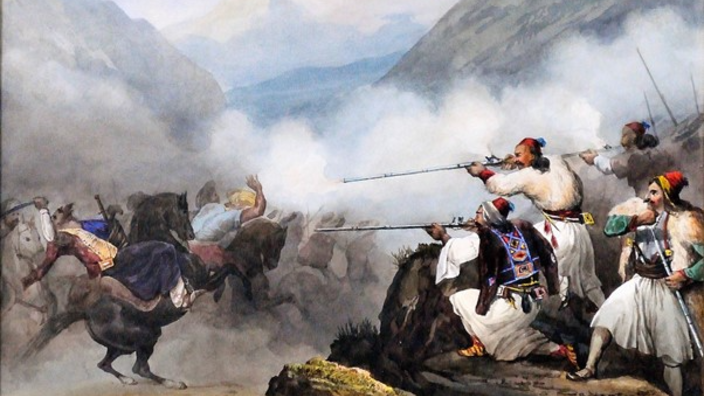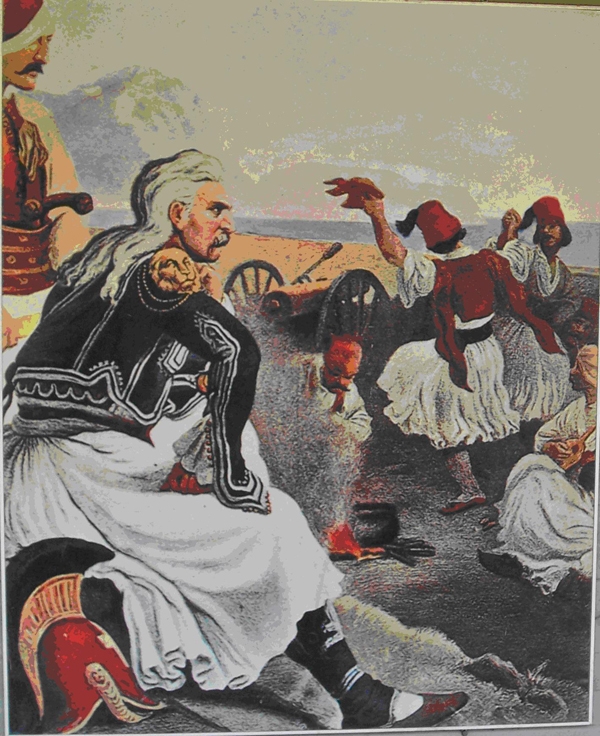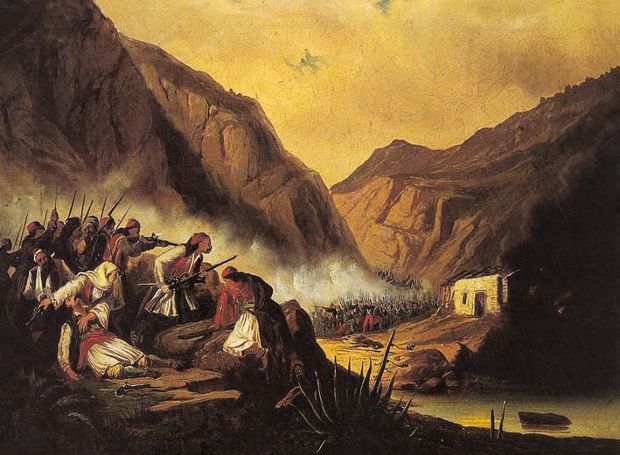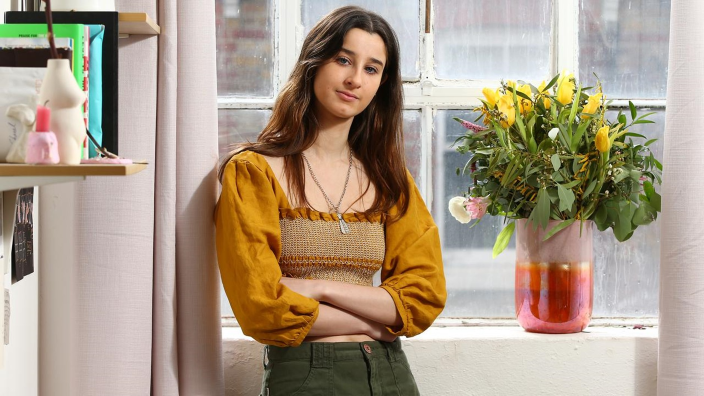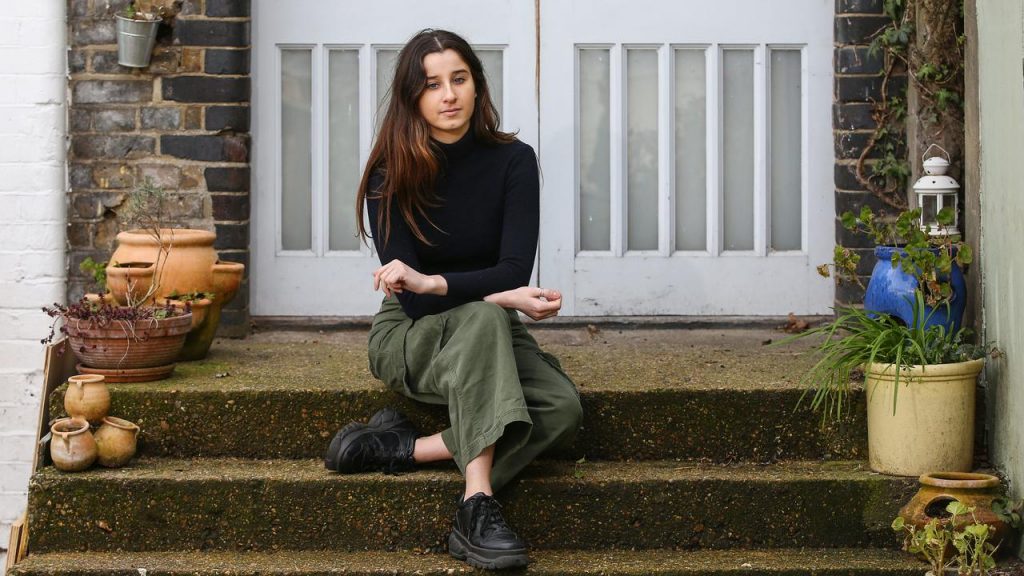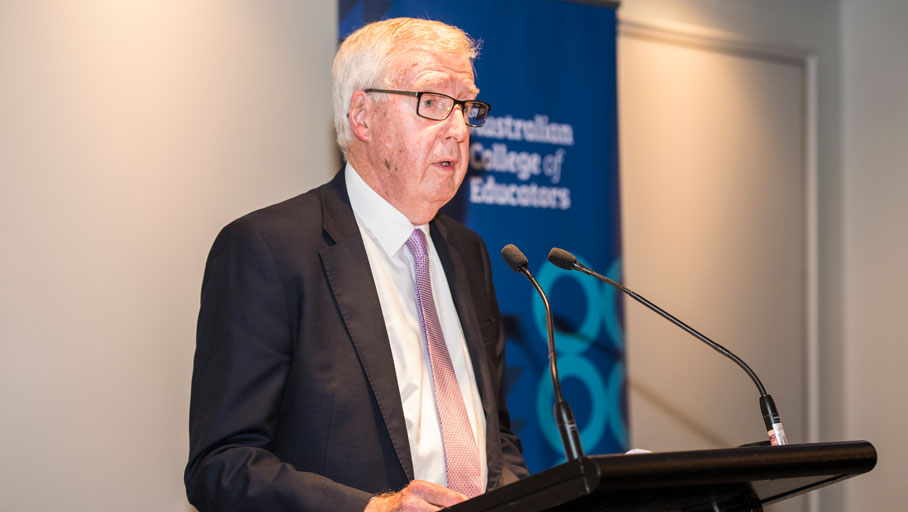It’s a busy day with COVID-19 news around Australia again and The Greek Herald has all the latest on the three locked down states of News South Wales, Victoria and South Australia.
Victoria:
Victoria’s lockdown will lift at midnight, ending the stay-at-home orders and allowing students to return to classrooms and dining in hospitality venues.
But Premier Daniel Andrews said visits between households would remain barred for another two weeks, as authorities managed thousands of close contacts still in quarantine.
Masks remain compulsory in both indoor and outdoor settings outside the home, unless an exemption applies. The restrictions apply statewide, meaning there is no longer any restriction on travel within Victoria.

Public gatherings are capped at 10 people, while workers in the office is capped at 25 per cent or 10 people if the workplace is 40 or fewer people.
Density limits of one person per 4 square metre apply to workplaces, community facilities, sports centres, creative studios, hospitality venues, hairdressers and beauty services.
Victoria has recorded 10 new locally acquired cases of COVID-19, all of which were in quarantine throughout their infectious period.
The cases were detected from 24,340 test results processed on Monday.
New South Wales:
New South Wales recorded 172 new locally acquired COVID-19 cases in the 24 hours to 8pm yesterday.
Sixty of those cases are known to have been in the community while infectious.
A further 19 cases were in isolation for only part of their infectious period and the isolation status of another 32 cases are under investigation.
Premier Gladys Berejiklian said the main focus of concern had shifted to Western Sydney.
“We are now seeing the virus becoming more prevalent in Western Sydney than south-west Sydney,” she said.
The Premier said she was hoping to announce whether the lockdown affecting Greater Sydney and its surrounds would be extended past July 31 “as early as tomorrow.”
Late last night, NSW Health also released a long list of new exposure sites, including Greek owned, Fardoulis Sweets & Nuts in Kogarah.
Anyone who attended the venue on Wednesday, July 21 at 12pm – 5.45pm, Thursday, July 22 at 12pm – 5.45pm and Friday, July 23 at 12pm – 5.45pm is a casual contact who must immediately get tested and isolate until a negative result is received.
South Australia:
South Australia has recorded no new local COVID-19 cases today as the state’s COVID-19 lockdown is set to end at midnight tonight.
“I’m absolutely delighted to announce no new cases since yesterday’s update, and that’s a huge relief,” Premier Steven Marshall said at a press conference today.
High school students and teachers in South Australian schools will be required to wear masks when they return to classrooms.

Police Commissioner Grant Stevens said the new requirement would not apply to primary school students, but would be enforced in high schools unless it interfered with the education process.
“SA Health are working directly with [the Department for] Education on that so we can get the mix right, so kids can still learn but they can do so safely, and teachers can be as safe as possible too in the same circumstances,” he said.
Department for Education chief executive, Rick Persse, clarified that students in year 8 and above — when high school starts in South Australia — would have to wear masks while indoors.
Mr Stevens also announced this morning that sport training would be allowed but not competition, following a meeting yesterday afternoon.

